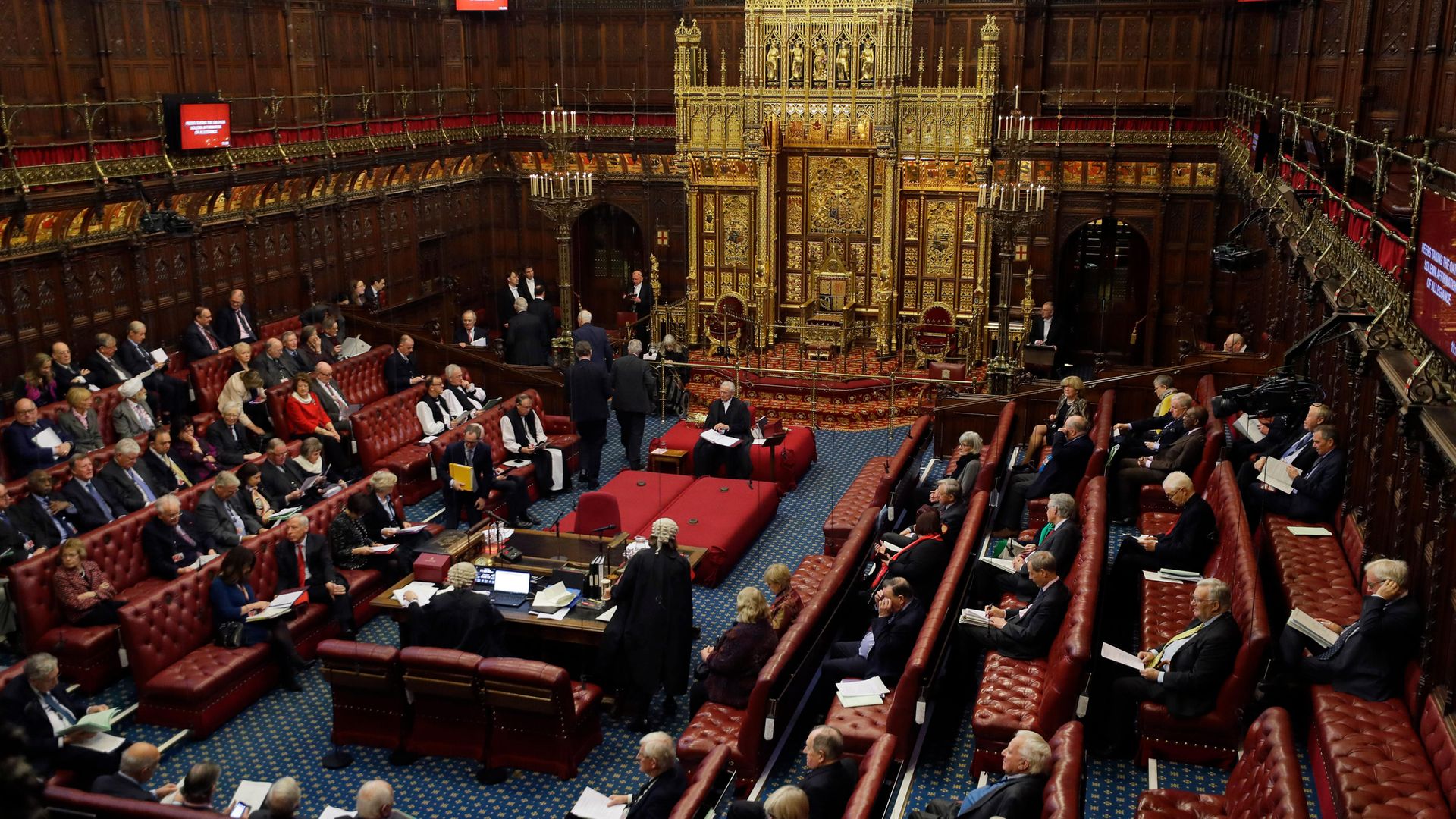
Touring could become “prohibitively bureaucratic and expensive” for musicians and other performers based in the UK because of Brexit, a committee of peers has warned.
The Lords EU Services Sub-Committee also warned in a report on Wednesday that significant gaps remain for the services sector trading with the bloc, causing a prolonged period of uncertainty.
And the peers urged ministers to rejoin the Erasmus study exchange programme, saying the Turing scheme fails to qualify as a replacement.
The creative industries are among those worst hit by the coronavirus crisis and the committee warned that the Trade and Cooperation Agreement (TCA) struck with Brussels will deal another blow when travel restrictions ease.
“We are deeply concerned about the potential impact of mobility provisions in the TCA on the over two million people employed in the creative industries, which could make touring prohibitively bureaucratic and expensive,” the report said.
Under the Brexit trade deal, performers wanting to tour Europe will be expected to secure work permits for each individual member state they visit and face further red tape for equipment and crew.
The Lords called on both Westminster and Brussels to “work together to remedy this situation before international travel resumes” in order to help the creative industry, which is worth £15 billion a year to the UK in exports to the EU.
They also warned that the deal “does not include substantive provisions on financial services” resulting in the sector being “still in a period of uncertainty”.
A “deep level of regulatory cooperation” between the UK and the EU with regards to the sector would be beneficial for both sides, the report says.
And it says the Turing scheme fails to provide for inbound student mobility, does not cover tuition fees and raises concerns about the £110 million budget.
“We do not see this scheme as a replacement for the Erasmus+ programme and hope that the government will consider rejoining Erasmus+ in the future,” the peers said.
Committee chair Baroness Donaghy said there are “significant gaps” in the post-Brexit trade agreement.
“The services sector is at the heart of the UK economy, so it is essential that the government and EU makes improvements to smooth UK-EU services trade. Too much is at stake if we don’t,” she said.
A government spokesman said: “The services sector is a key part of the UK economy and the UK-EU trading relationship. That is why the Trade and Cooperation Agreement (TCA) secures continued market access across a broad range of key services sectors, including professional and business services.
“We know that some businesses are facing challenges with specific aspects of our new trading relationship, so in addition to our £20 million SME Brexit Support Fund, we are operating export helplines, running webinars with experts and offering businesses support via our network of 300 international trade advisers.”
Warning: Illegal string offset 'link_id' in /mnt/storage/stage/www/wp-includes/bookmark.php on line 357
Notice: Trying to get property 'link_id' of non-object in /mnt/storage/stage/www/wp-includes/bookmark.php on line 37






